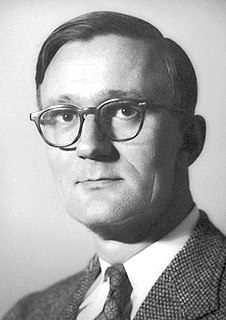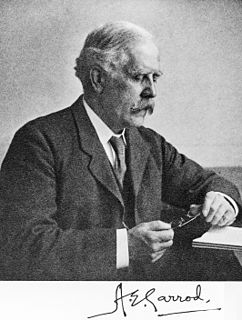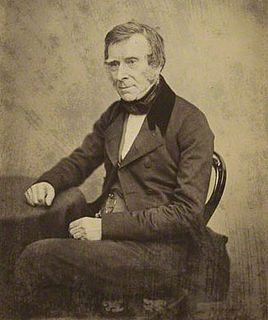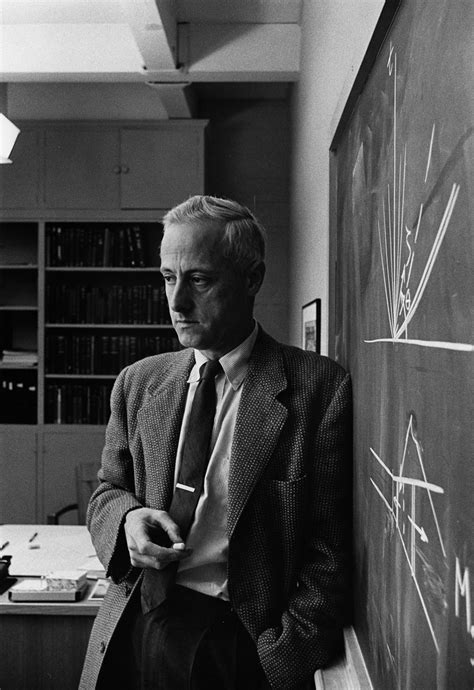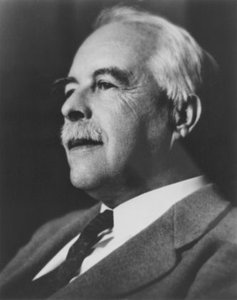A Quote by Justus von Liebig
What struck me most in England was the perception that only those works which have a practical tendency awake attention and command respect, while the purely scientific, which possess far greater merit are almost unknown. And yet the latter are the proper source from which the others flow. Practice alone can never lead to the discovery of a truth or a principle. In Germany it is quite the contrary. Here in the eyes of scientific men no value, or at least but a trifling one, is placed upon the practical results. The enrichment of science is alone considered worthy attention.
Quote Topics
Almost
Alone
Attention
Awake
Command
Considered
Contrary
Discovery
England
Enrichment
Eyes
Far
Flow
Germany
Greater
Latter
Lead
Least
Me
Men
Merit
Most
Never
Only
Others
Perception
Placed
Possess
Practical
Practice
Principle
Proper
Purely
Quite
Respect
Results
Science
Scientific
Source
Struck
Tendency
Those
Trifling
Truth
Unknown
Value
Which
While
Works
Worthy
Related Quotes
Long intervals frequently elapse between the discovery of new principles in science and their practical application... Those intellectual qualifications, which give birth to new principles or to new methods, are of quite a different order from those which are necessary for their practical application.
Medicine is the science by which we learn the various states of the human body in health and when not in health, and the means by which health is likely to be lost and, when lost, is likely to be restored back to health. In other words, it is the art whereby health is conserved and the art whereby it is restored after being lost. While some divide medicine into a theoretical and a practical [applied] science, others may assume that it is only theoretical because they see it as a pure science. But, in truth, every science has both a theoretical and a practical side.
Science is one thing, wisdom is another. Science is an edged tool, with which men play like children, and cut their own fingers. If you look at the results which science has brought in its train, you will find them to consist almost wholly in elements of mischief. See how much belongs to the word "Explosion" alone, of which the ancients knew nothing.
The scientific value of truth is not, however, ultimate or absolute. It rests partly on practical, partly on aesthetic interests. As our ideas are gradually brought into conformity with the facts by the painful process of selection,-for intuition runs equally into truth and into error, and can settle nothing if not controlled by experience,-we gain vastly in our command over our environment. This is the fundamental value of natural science
Nevertheless, scientific method is not the same as the scientific spirit. The scientific spirit does not rest content with applying that which is already known, but is a restless spirit, ever pressing forward towards the regions of the unknown, and endeavouring to lay under contribution for the special purpose in hand the knowledge acquired in all portions of the wide field of exact science. Lastly, it acts as a check, as well as a stimulus, sifting the value of the evidence, and rejecting that which is worthless, and restraining too eager flights of the imagination and too hasty conclusions.
It is attention, more than any difference between minds and men.-In this is the source of poetic genius, and of the genius of discovery in science.-It was that led Newton to the invention of fluxions, and the discovery of gravitation, and Harvey to find out the circulation of the blood, and Davy to those views which laid the foundation of modern chemistry.
Aeroplanes are not designed by science, but by art in spite of some pretence and humbug to the contrary. I do not mean to suggest that engineering can do without science, on the contrary, it stands on scientific foundations, but there is a big gap between scientific research and the engineering product which has to be bridged by the art of the engineer.
So far I have been speaking of theoretical science, which is an attempt to understand the world. Practical science, which is an attempt to change the world, has been important from the first, and has continually increased in importance, until it has almost ousted theoretical science from men's thoughts.








